Projects
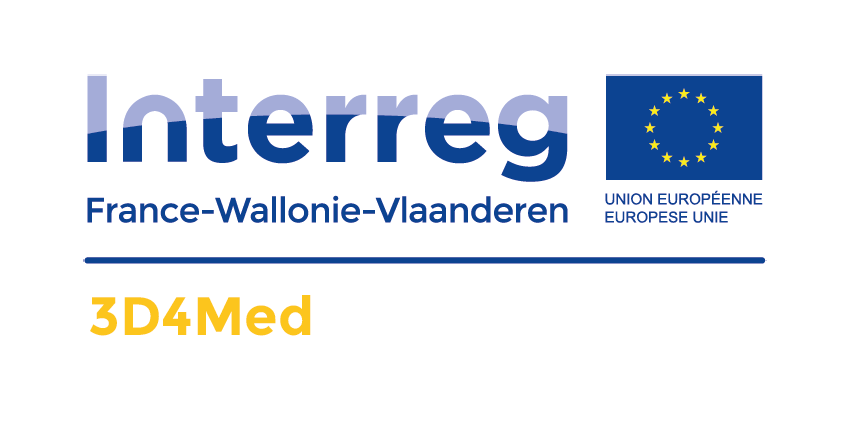
3D4MED
The main objective of 3D4MED is to develop biodegradable shape-memoory matraces combining structure and activity biological surface by 3D printing.
In this context, the 3D4Med project will be able to innovate a solution through the knowledge of materials and 3D printing, developed from the expertise of the centers that make up the consortium.
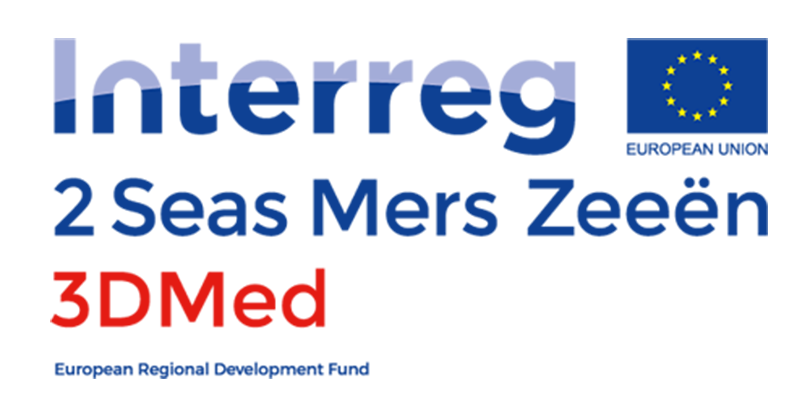
3DMED
3DMed aims to improve affordability and large scale accessibility of medical treatment using 3D printed devices. This will be achieved by increasing the TRL of state-of-the-art 3D printing technologies for medical applications and integrating them into a streamlined, fast, cost-effective software platform for use in routine clinical practice.

DERMA
The objective of DERMA is to develop new interventions for the management and treatment of dermal ulcers and related skin conditions, including stomas. By addressing market and patient need, the project will deliver advanced new technologies (incorporating marine sourced biopolymers) ready for exploitation by industry to manufacture improved products for the treatment of patients. Thus, it will lead to cost savings for the EU by improving efficiency and success of wound management by carers.

FISH-AI
A healthy, balanced diet has a fundamental role in preventing a wide range of chronic diseases. Fish is a high-protein, low-fat food that provides a range of health benefits. Although, concerns are growing about the industry’s sustainability, therefore there’s a need for alternative fish feeds. The project aims to develop a new generation 3D culture platform, which mimics the complex microenvironment of the intestinal mucosa in vitro. This can be used to predict the nutritional value of new, novel fish diets. The goal is to implement sustainability, competitiveness of the alternative feeds and at the same time, significantly reduce the number of animals used for experimental use.
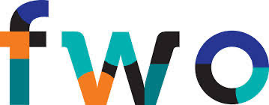
FWO grants and projects
In addition to the projects mentioned on this page, PBM group is also involved with several FWO projects. Moreover, many of our PhD students have their research funded through FWO personal grants. Additionally, other projects and funding sources not mentioned on this page are also fund our research.
Read more

Project ‘GREENER’ is financed by the Interreg V program ‘Vlaanderen-Nederland’, the cross-border cooperation with financial support of the European Fund for Regional Development with co-financing of province Oost-Vlaanderen, province Noord-Brabant and the Ministry of Economical Affairs and Climate (The Netherlands).
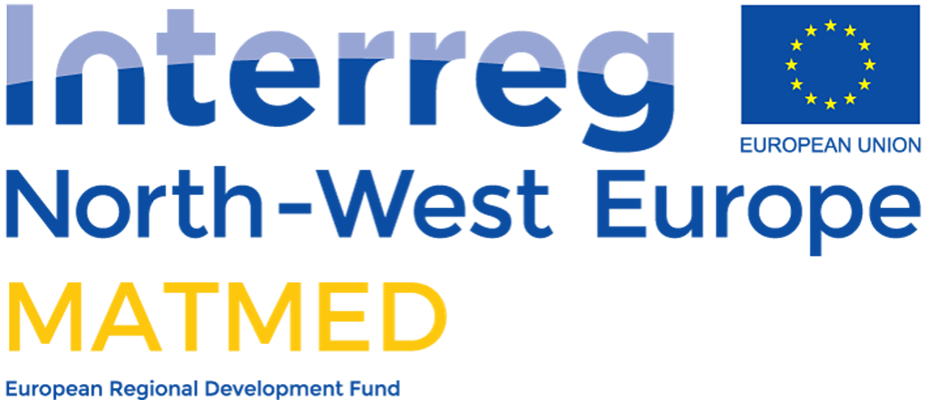
MATMED
MATMED is an Interreg project that aims to provide support to companies in the field of advanced materials / medical devices / regenerative medicine, located in the North West Europe region (Belgium, Luxembourg, the Netherlands, Ireland, UK, Switzerland, Germany, and parts of France).
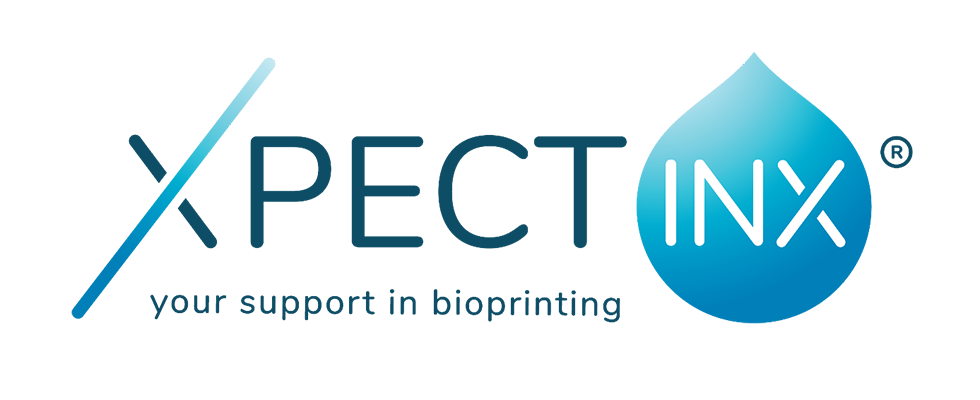
XPECT-INX®
XPECT-INX® is a spin-off project of Ghent University focussing on the commercialisation of materials and bio-inks for 3D bioprinting or biofabrication by utilizing decades of academic experience in the field of polymers and biomaterials. By offering a unique material portfolio with a diverse range of material properties, the applications become nearly limitless: the bio-inks can be applied for various tissue types with applications in regenerative medicine and drug and cosmetics screening. Additionally, by offering a bio-ink portfolio suitable for multiple printing technologies, attainable resolutions range from hundreds of nanometers to hundreds of micrometers.
GOA
GOA (geconcentreerde onderzoekacties/concerted research actions) projects are ambitious, university funded research projects with a duration of 4 to 6 years. Each of these projects has a highly concertated nature and is led by a GOA consortium consisting of experts from different fields. The collaboration between the different groups is key to answer the research question and to achieve scientific breakthroughs.
